M4 relief road 'would affect local ecology'
- Published
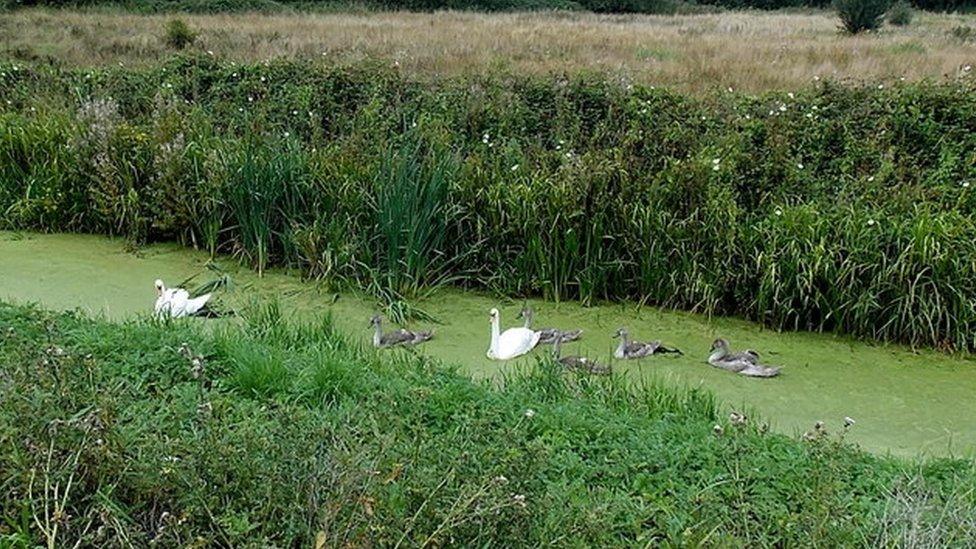
The road would pass through a site of special scientific interest at Llandevenny in Monmouthshire
An M4 relief road around Newport would have a "significant effect" on local ecology and wildlife, a public inquiry into the planned £1.1bn road has heard.
Ecologist Dr Keith Jones told the hearing the road would affect habitats that "support protected species".
But he said the Welsh Government would carry out "mitigation" as the motorway would cross sites of special scientific interest.
Friends of the Earth, RSPB and Natural Resources Wales (NRW) oppose the plan.
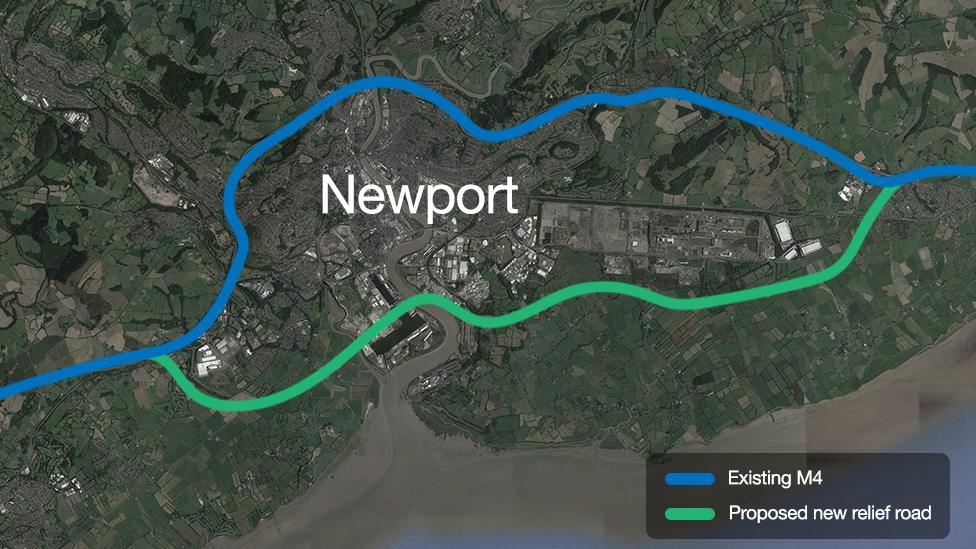
The Welsh Government wants a relief road to boost the economy as it insists the current M4 is "not fit for purpose".
Environmental groups - including the Welsh Government-sponsored NRW - and local residents are among the scheme's opponents.
The proposed route cuts across the Gwent Levels and five sites of special scientific interest (SSSI).
Assistant planning inspector Aidan McCooey acknowledged conservation is "critical" to the five-month inquiry into the planned 14-mile road.

The M4 relief road key points:
The Welsh Government wants to build a £1.1bn six-lane motorway to the south of Newport
The 14.23m (23km) highway will be between the current M4 junction 23A at Magor to junction 29 near Castleton
Construction is slated to begin in 2018, with the road opening in 2021
The Welsh Government said the current M4 around Newport, opened in 1967, "does not meet modern motorway design standards"
Environmental campaigners and residents claim the scheme will devastate the ancient marshlands of the Gwent Levels and sites of special scientific interest
There have been 335 formal objections and 192 letters of support
A public inquiry started in Newport on 28 February and is expected to last five months

Dr Jones, the Welsh Government's expert ecology and nature conservation witness, told the inquiry he has taken a "precautionary approach" which "may well overestimate the impact" on ecology and wildlife.
He said the operation of the new highway would would have significant long term effects" on otter and bats, adding that during construction, rivers, saltmarsh and reedbeds could be affected.
The first nesting site for common cranes in Wales in over 400 years is on the proposed route and Dr Jones said there will be "significant long term effects of land take" on the crane, the rare shrill carder bee, external, other terrestrial invertebrates and Cetti's warbler, external.
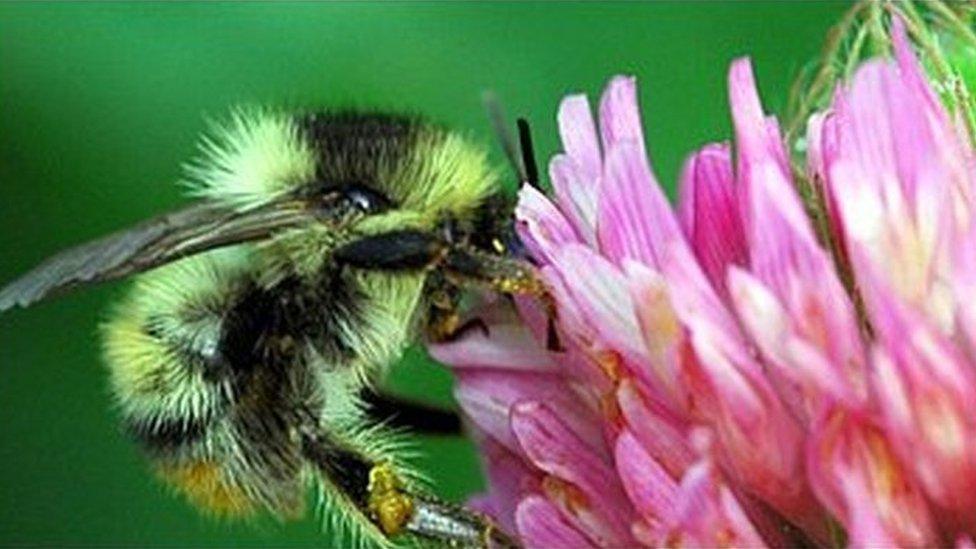
The road would have a significant long-term effect on the shrill carder bee's habitat
He said that the Welsh Government plans to build mammal tunnels and eel passes under the proposed route and build an otter tunnel under the Usk Crossing building site during construction.
This video reveals the possible route of the M4 relief road
The relief road will be mainly unlit to avoid "light spill," a saltmarsh on the banks of the River Usk will be relocated, badger sets ill be replaced and new accommodation provided for bats, he added.
The inquiry continues.
- Published3 March 2017
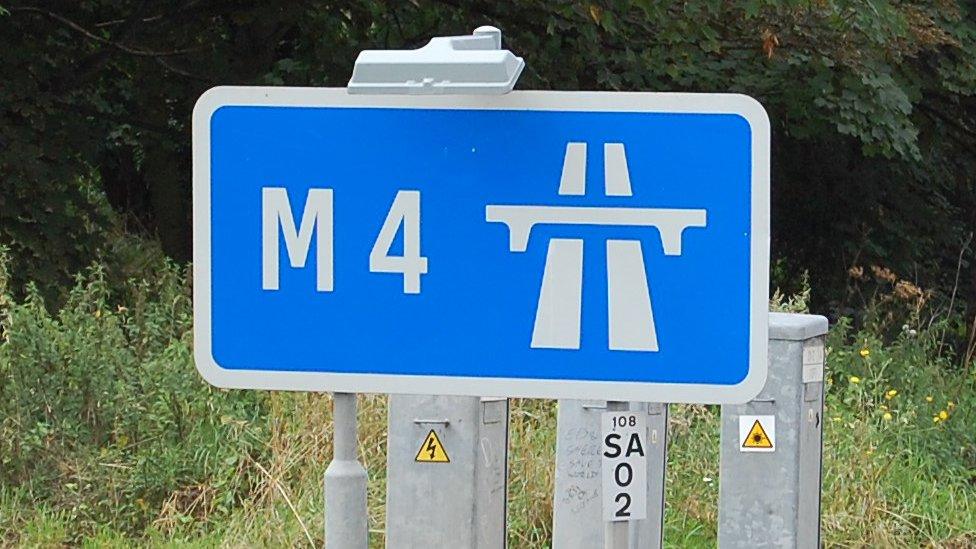
- Published1 March 2017
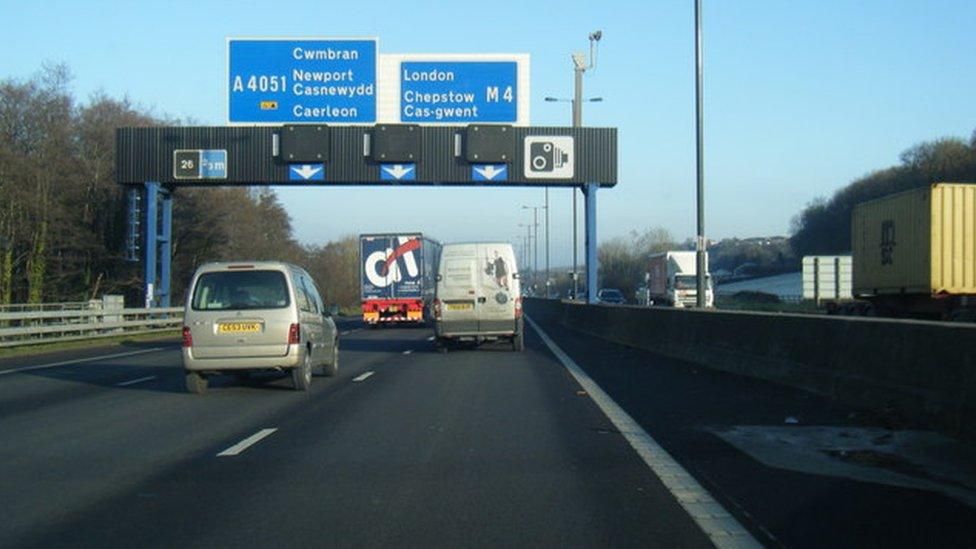
- Published28 February 2017
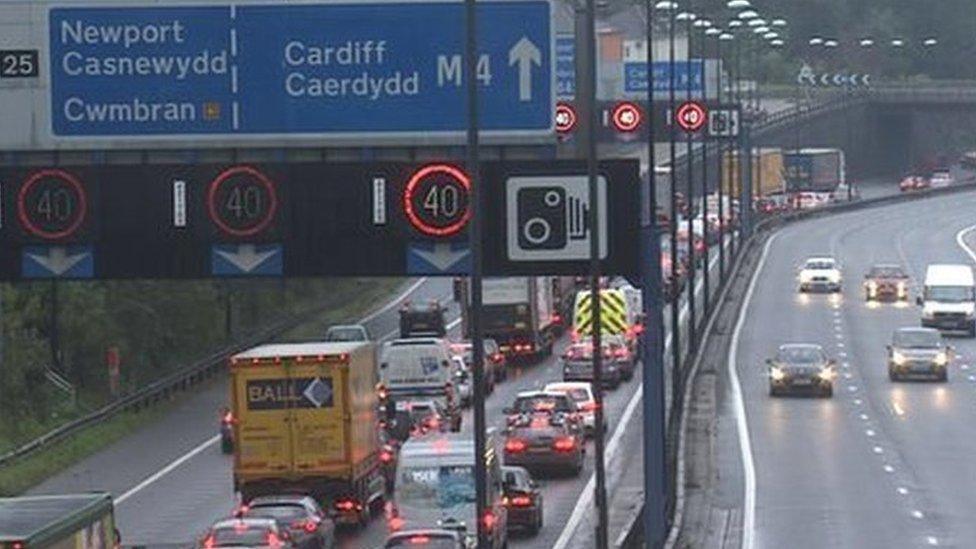
- Published4 June 2019
